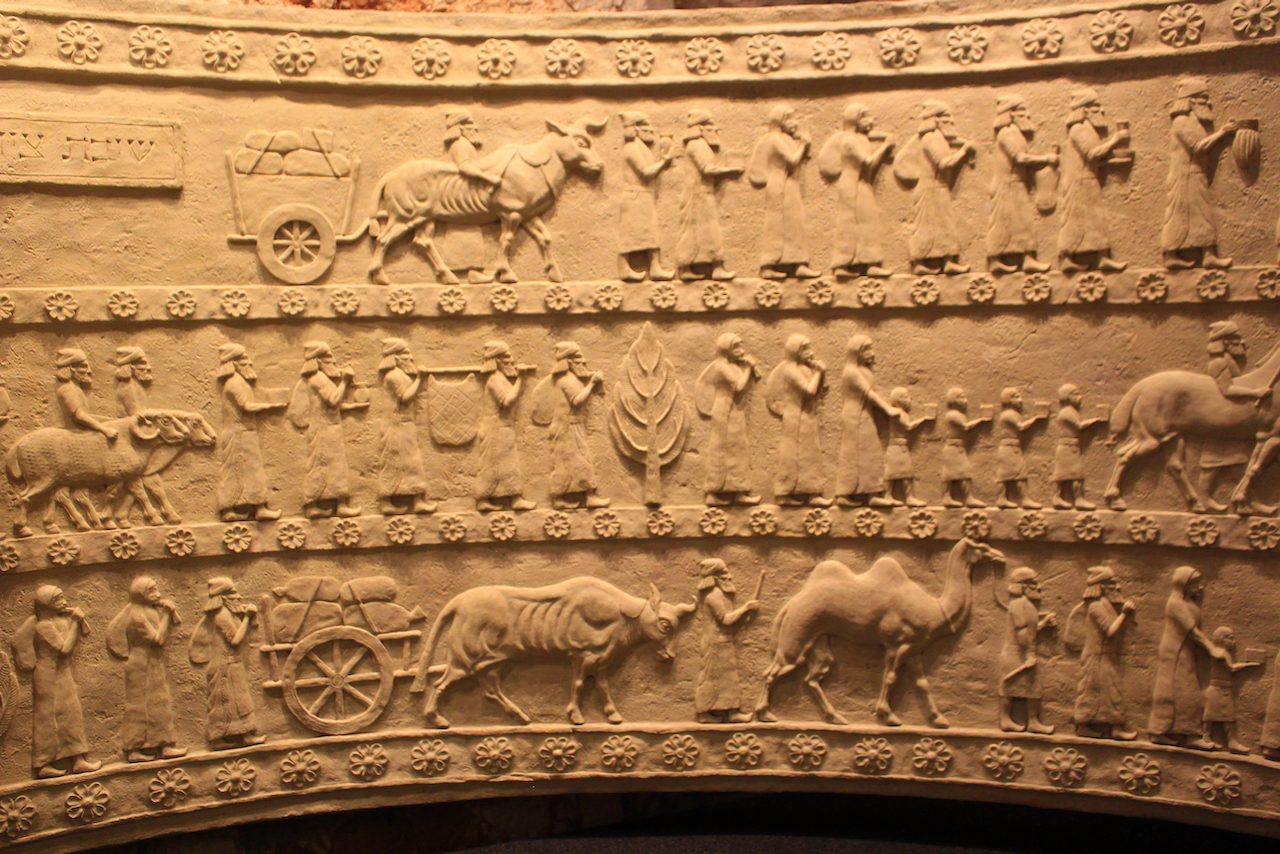God provides a way of escape.
The good right in front of you
Don’t squander a wonderful day.
Ohio congregation starts, takes form
Average attendance is in the mid-70s.
I am a friend
Where are the lines of communion?
The need to return to God
God brought his people home.
The origin of strife
Worldly desire is contrary to God’s working.
Secure Living
Jesus identified security. Some will fear.
Danger of too much generalizing: Hugh Fulford
An old article still applies today.
The integrity of the upright
They people of God will not sacrifice their integrity.
When Jesus refused to be king
Jesus did not come to be a pawn in the political games of people – he came to be king!









